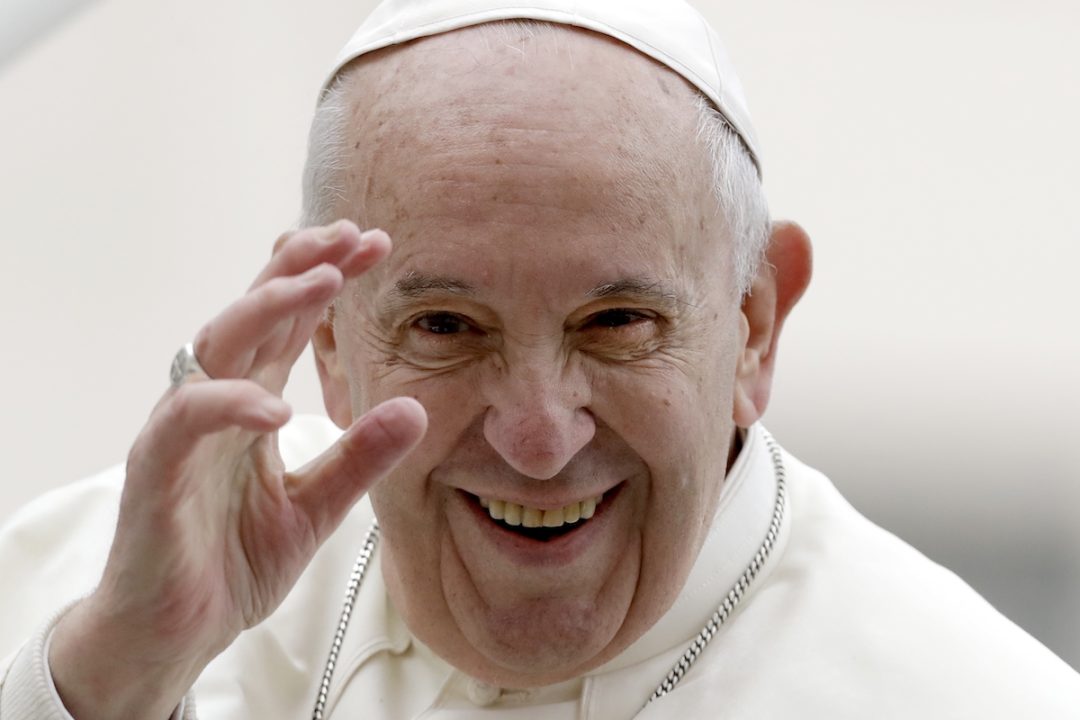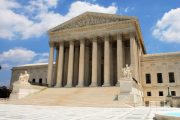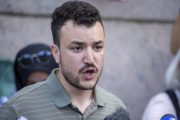
One day after the most joyful in the Catholic Church calendar, her faithful are mourning the loss of their pontiff.
Pope Francis, the first Latin American pope, died on Easter Monday, April 21, 2025, the Vatican announced. He was 88 years old.
Cardinal Kevin Farrell, Camerlengo of the Apostolic Chamber, stated that Francis “returned to the house of the Father” at 7:35 a.m. after battling a lung infection that led to double pneumonia. The deceased prelate had suffered from numerous health issues during the last months of his 12-year papacy. He was elected in March of 2013, after the resignation of his predecessor, Pope Benedict XVI. (The latter died on December 31, 2022.)
One day before his death, Pope Francis met briefly with U.S. Vice President J.D. Vance. Vatican officials described the brief audience as an opportunity to exchange Easter greetings, but media viewed it in a different light as tensions between Francis and the Trump administration stem largely from immigration policy issues. Vance, who converted to Catholicism in 2019, had previously invoked the medieval Catholic concept of ordo amoris to justify stringent deportation of illegal aliens. The pope countered with a sharply worded letter, rebuking Vance’s interpretation and emphasizing a “love that builds a fraternity open to all.”
The controversy is one of many in Francis’ papacy, marked by his radical and polarizing policies.
From his soft stand on homosexuality to allowing pro-abortion politicians to receive Holy Communion, Francis has provoked backlash since his first days as head of the Church. He has criticized Her for being “obsessed” with issues such as abortion, contraception, and sodomitical unions. He has denounced market-based capitalism while pushing for world government on the pretext of saving Mother Earth from catastrophic man-made climate change.
Last summer, he excommunicated Vatican whistleblower Archbishop Carlo Maria Viganò for schism; Viganò had previously accused Francis of helping cover up sexual misconduct among high-ranking church ecclesiastics. He called on the pontiff to resign.
Francis’ controversial Synod on Synodality, which some call a “hostile takeover of the Catholic Church,” could well be his most lasting mark.
His death leaves Catholics wondering if his successor will continue digging deeper rifts within the Church. Within the next month, the College of Cardinals will gather in a conclave to elect the next pope. Media so far report no clear frontrunner, though there is speculation that the growth of Catholicism in Africa and Asia amidst its decline in the West could have significant bearing on the decision.





